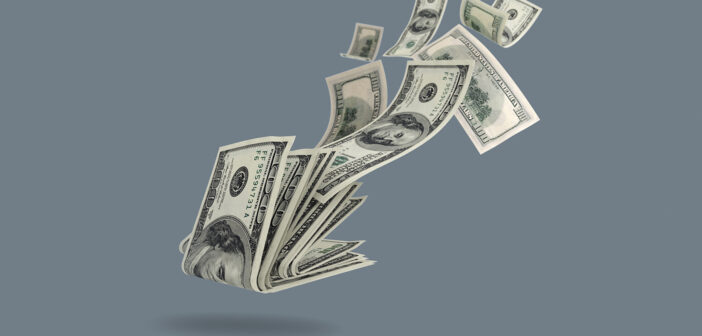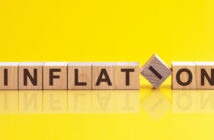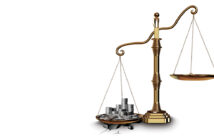Suppose a President of the United States proposed raising taxes on everyone, rich and poor, by 8.5%. And suppose this would not be a one-time 8.5% tax increase; taxes would be increased by 8.5% every single year.
Such a plan would be hard to take seriously, as the standard of living would quickly fall if taxes were increased by 8.5% every single year. Every year, the typical consumer would have 8.5% less income, meaning he/she would be able to purchase 8.5% fewer goods and services compared to the previous year. After just nine years of this plan, the typical consumer’s purchasing power and thus standard of living would have decreased by half. This would hit the poorest the hardest, as low-income households cannot easily sacrifice 8.5% of their consumption every year. A rich household would have an easier time doing so, as they could cut back on luxury items before having to cut back on necessities.
Clearly, no President concerned about his or his party’s political future would propose this. However, 8.5% inflation (the rate as of this writing) is exactly such a plan. The 8.5% inflation rate means that prices are rising by 8.5% every year. What cost $1 to purchase this year will cost $1.09 next year, $1.17 the following year, and $2.08 after nine years. There is no difference, in terms of a household’s ability to purchase goods and services, between doubling taxes and a rate of inflation that causes prices to double. In each case, purchasing power falls by the same amount.
Governments raise revenue to pay for their spending in three ways: taxes, borrowing, or inflation (e.g., printing money and spending it). Taxes have the drawback of being politically unpopular and have spawned various taxpayer revolts, such as the ones that resulted in Proposition 13 in California and the Headlee Amendment in Michigan (both in 1978) and have caused the defeat and recall of various elected officials over the years. Borrowing has the disadvantage of having to be repaid and can lead to a sovereign debt crisis if it is excessive, leading to a severe recession and civil unrest.
Printing money is the path of least resistance. No politician must take a vote to raise taxes and the resulting inflation is blamed on someone else: COVID, supply chains and/or Vladimir Putin. Note that inflation was already at 7.5% in January 2022, a month before the Russian-Ukrainian war began.
This year, inflation has already cost a household earning a $60,000 income $5,100 through higher prices. Just this year, all of one household member’s three COVID checks and half of another’s have been lost to inflation. Note that the government paid for these checks by printing money.
Since inflation is a tax caused by the government creating money to pay for its spending, the only way inflation will fall is if spending and money creation are reduced. Until this happens, inflation will continue to be high and living standards will fall.








